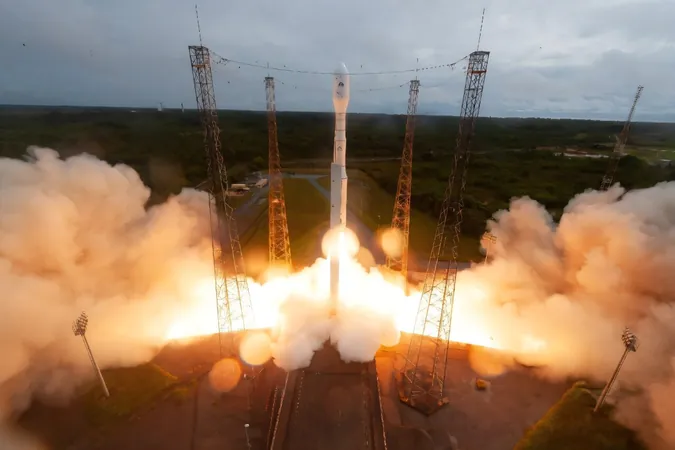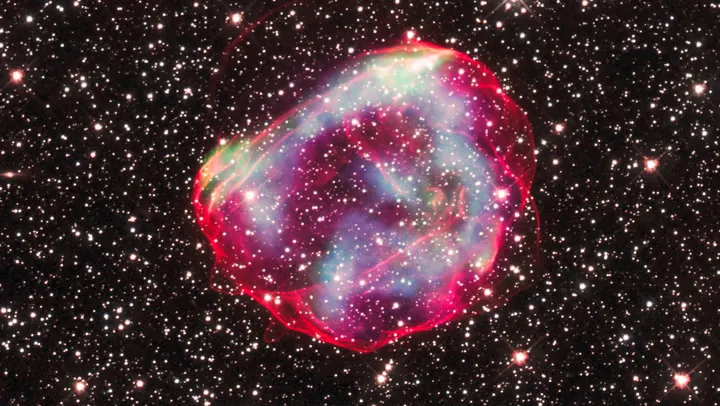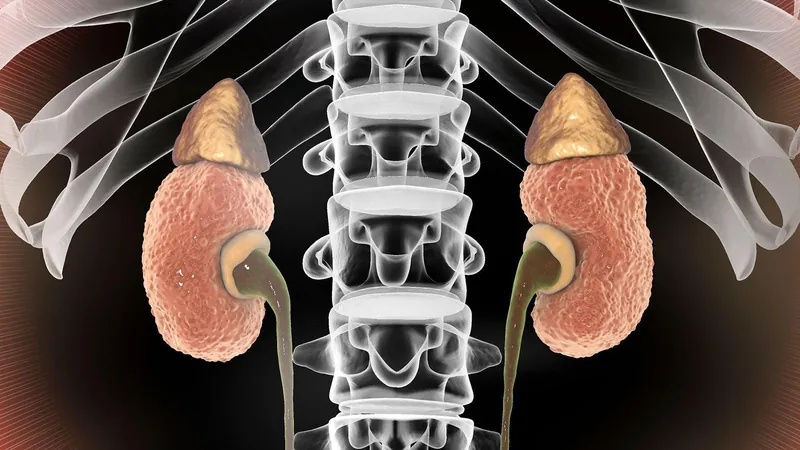
Europe's Vega-C Rocket Poised for Resurgence After Prolonged Delays
2024-12-05
Author: Daniel
Introduction
In an exciting turn of events, Europe's Vega-C rocket is set to launch again after a lengthy hiatus caused by a series of setbacks. The European Space Agency (ESA) has confirmed that the much-anticipated launch is rescheduled for Thursday, following several unexpected delays.
Challenges Faced by Vega-C
The Vega-C's journey has been tumultuous since its commercial debut in December 2022, which ended in failure when the rocket could not reach orbit, resulting in the loss of two satellites. This incident marked a significant setback for Europe, which has been grappling with challenges in its space exploration endeavors, especially after Russia halted its launches due to geopolitical tensions.
The Path to Recovery
After a two-year suspension, necessitated by a complete redesign of the failed Zefiro 40 rocket motor, Vega-C is finally ready to reclaim its spot among Europe’s launch vehicles. The mission will carry the Sentinel-1C satellite, a crucial component of the European Union's Copernicus Earth observation program aimed at monitoring climate change and environmental shifts on our planet.
Recent Delays and Setbacks
Originally slated for Tuesday, the launch was postponed for an additional day to conduct further inspections of the rocket's electrical connections. However, just hours before the scheduled time, the mission faced yet another setback due to a mechanical issue hindering the removal of the mobile gantry, which supports the rocket at the launch pad. The French space agency CNES stated this delay was critical for ensuring the rocket's readiness.
The New Launch Window
The new launch window is set for 6:20 PM local time (2120 GMT) on Thursday. As anticipation builds, the successful flight has become essential for Europe, which is still recovering from recent difficulties in launching its missions independently.
Impact of Global Events
With the ongoing crisis arising from the war in Ukraine, the continent has had to seek alternative launch providers, with companies like Elon Musk's SpaceX stepping in to fill the void left by Russian launches. Thankfully, the successful inaugural flight of the heavier Ariane 6 rocket in July has provided a glimmer of hope for European space initiatives, although the lighter Vega-C is crucial for deploying small satellites into low Earth orbit efficiently.
Looking Ahead
ESA plans to carry out four more launches of the Vega-C next year and an additional five in 2026. The Sentinel-1C satellite's mission is particularly exciting as it will utilize advanced radar technologies to gather vital data for climate monitoring and other critical earth observation needs.
Conclusion
As the countdown begins, the fate of Europe’s space ambitions may rest on the success of this launch, making it a critical moment for the continent's future in space exploration. Stay tuned for what could be a historic comeback for the Vega-C!



 Brasil (PT)
Brasil (PT)
 Canada (EN)
Canada (EN)
 Chile (ES)
Chile (ES)
 España (ES)
España (ES)
 France (FR)
France (FR)
 Hong Kong (EN)
Hong Kong (EN)
 Italia (IT)
Italia (IT)
 日本 (JA)
日本 (JA)
 Magyarország (HU)
Magyarország (HU)
 Norge (NO)
Norge (NO)
 Polska (PL)
Polska (PL)
 Schweiz (DE)
Schweiz (DE)
 Singapore (EN)
Singapore (EN)
 Sverige (SV)
Sverige (SV)
 Suomi (FI)
Suomi (FI)
 Türkiye (TR)
Türkiye (TR)